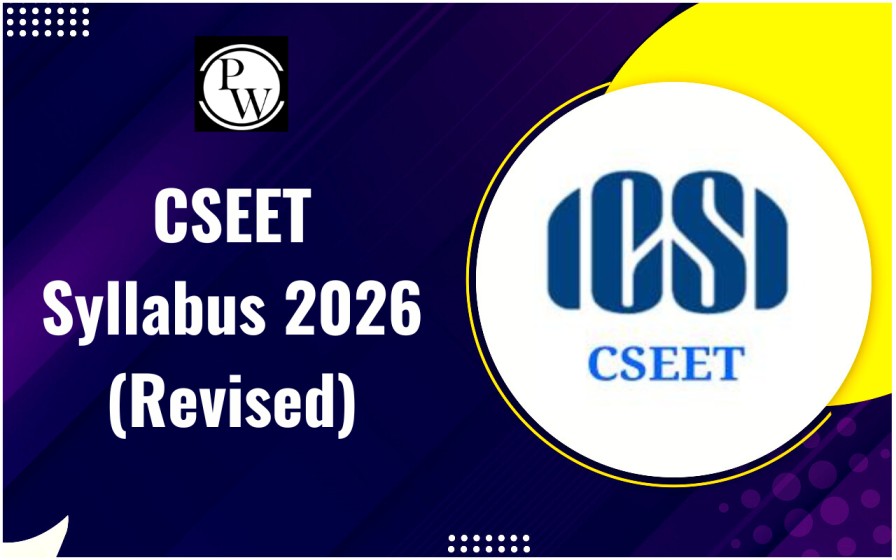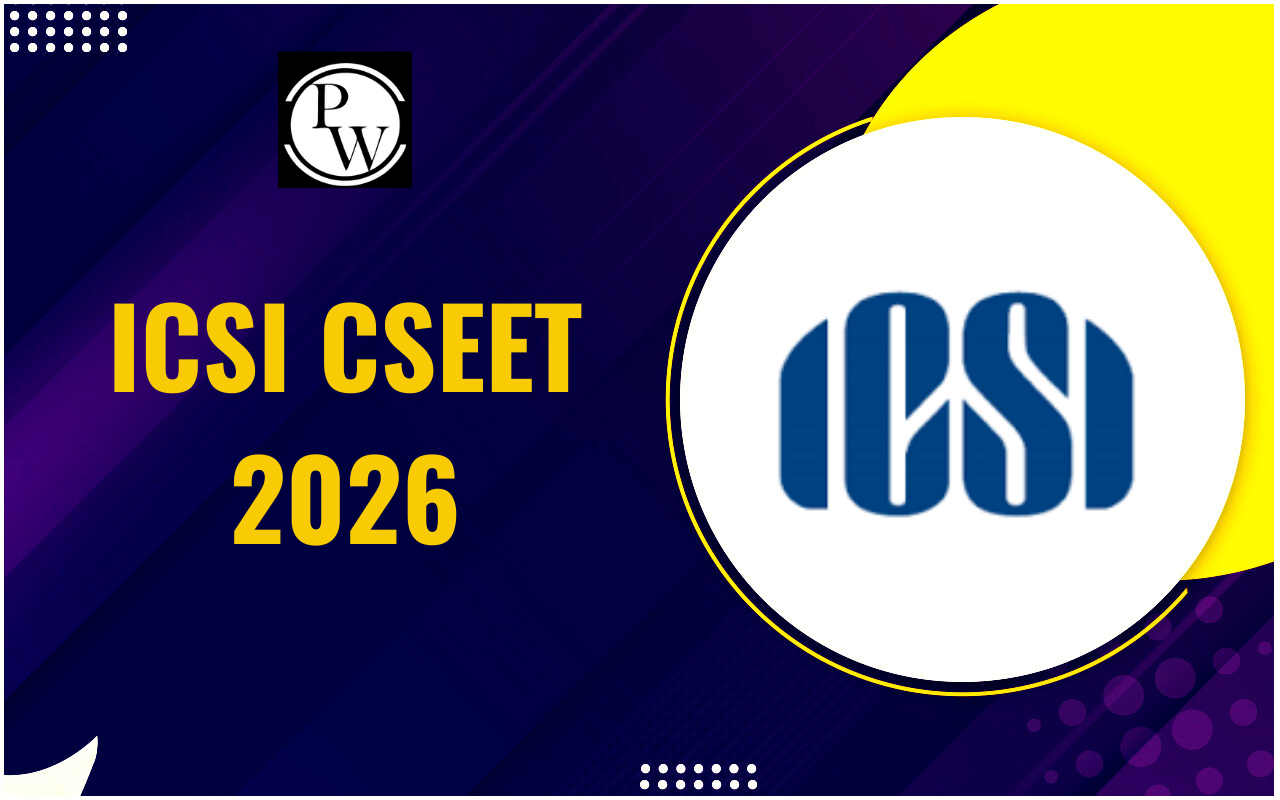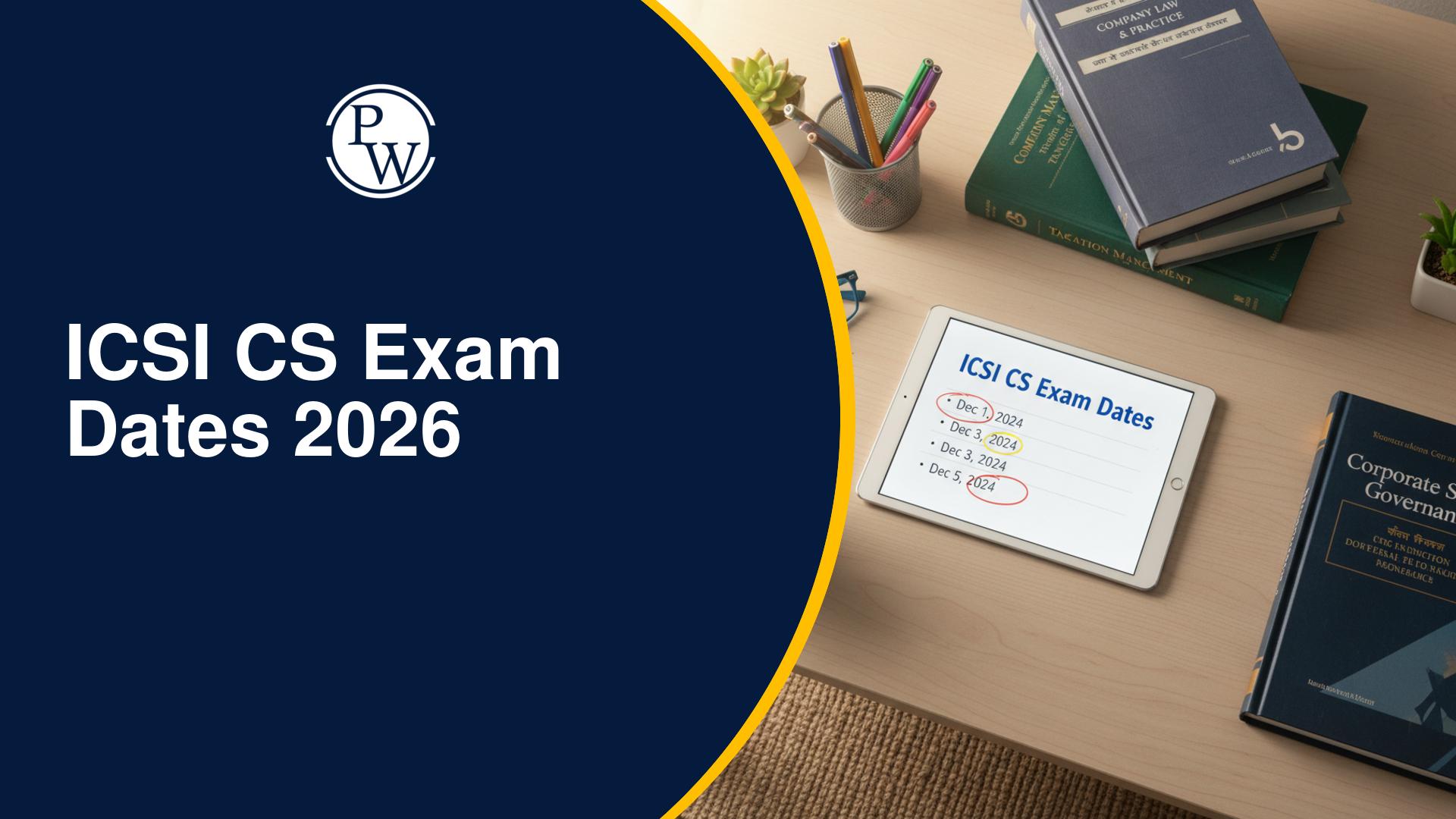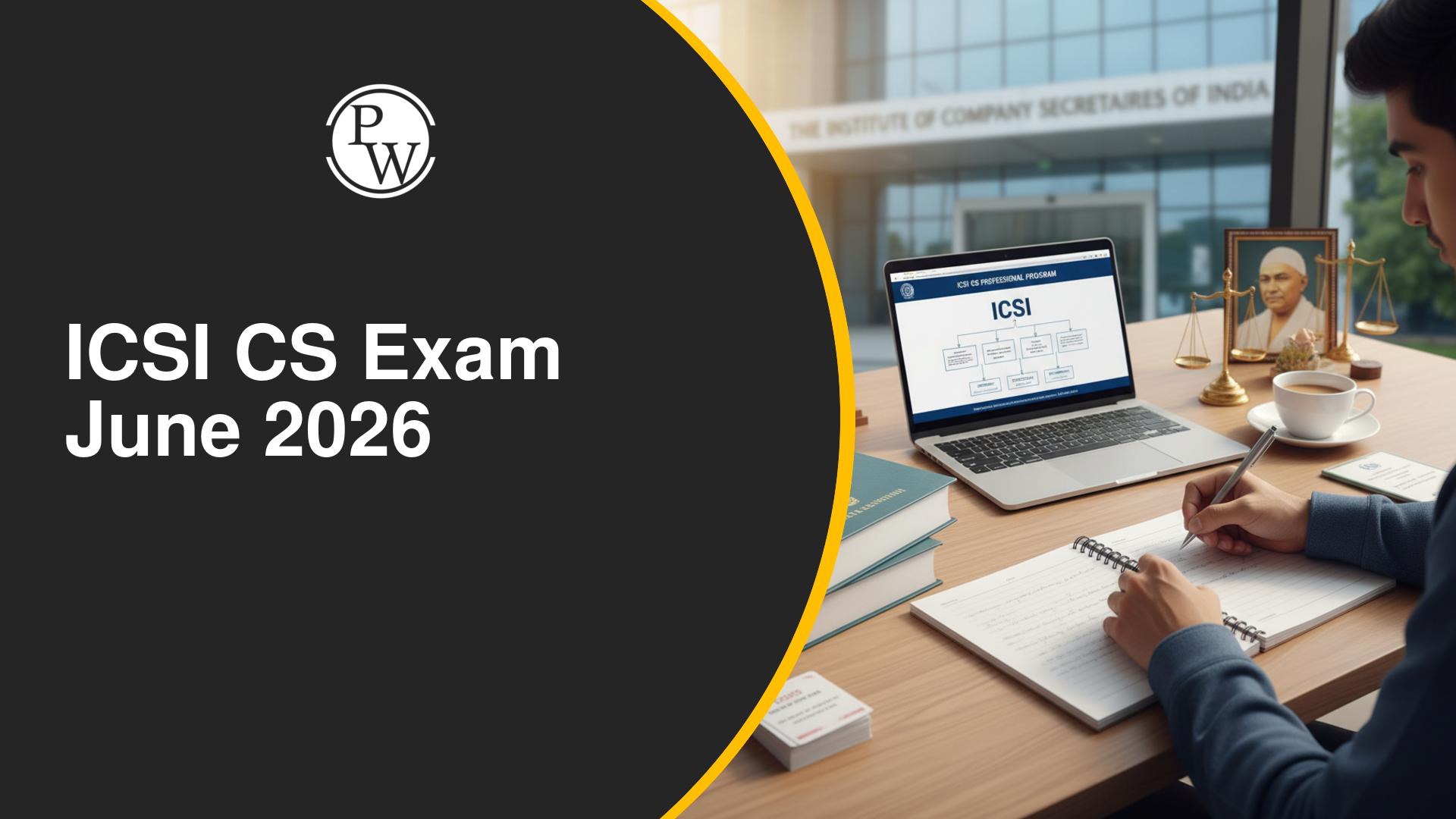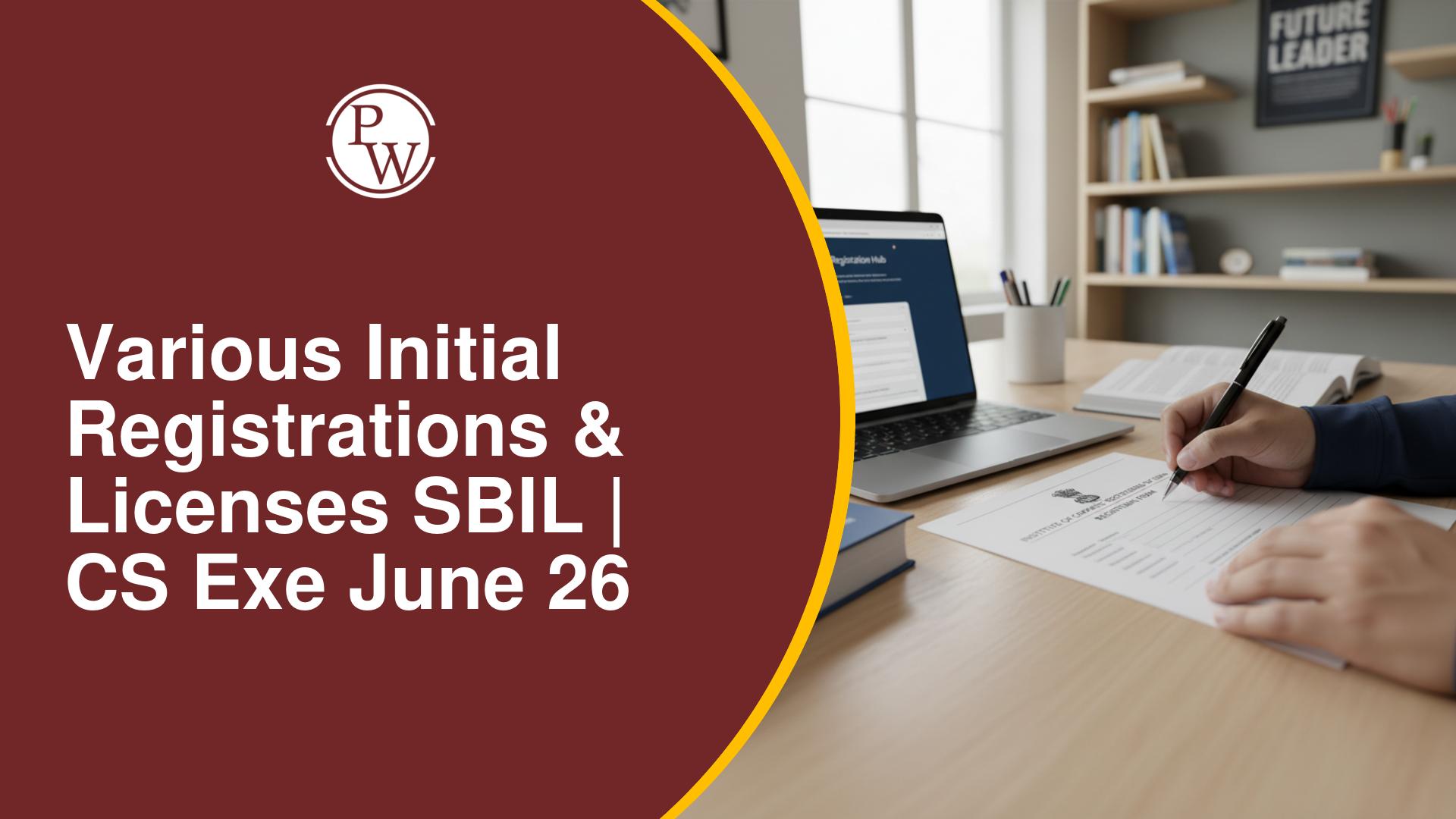
Definition & Meaning Of Charges
Clause 16 of Section 2 of the Companies Act, 2013 defines the term “charge” as an interest or lien created on the property or assets of a company or any of its undertakings or both as security and includes a mortgage .Types Of Charges
Fixed charge or specific charges-- It covers assets which are ascertained or are capable of being ascertained and defined.
- Generally created on fixed assets.
- Cannot deal in that property which has been charged.
- It covers those assets which are not capable of being ascertained and defined.
- Generally it is created on current assets.
- It is created on such a class of assets which changes from time to time in the ordinary course of business.
Difference Between Fixed Or Specific Charge And Floating Charges
Below we've mentioned the difference between fixed charge and floating charges:
| Difference Between Fixed Charge and Floating Charge | ||
| Basis | Fixed Charge | Floating Charge |
| Nature | It is a legal Charge | It is an equitable Charge |
| Meaning | Security in terms of certain specific property | Security remains dormant until it is fixed or crystallized |
| Scope | It is created to cover assets which are ascertained and definite or are capable of being ascertained and defined, at the time of creating the charge | It is created on variable property which keeps on changing or moving. The property or assets of the Company cannot be specifically ascertained |
| Created on | It is created on fixed assets like land, building, or plant and machinery | It is created on floating assets like stock-in-trade, debtors etc. |
| Priority | It has priority over floating Charge | No such priority |
| Disposing of assets | The Mortgagor i.e., Company cannot dispose off the property without the consent of the charge holder | The Mortgagor is free to deal with the property as it sees fit until the holders of charge take steps to enforce their security |
Crystallization Of Floating Charges
This conversion of the floating charge into a fixed charge known as crystallization can be triggered by following events: 1) Cessation of business, including winding up and ceasing business operations as a going concern prior to winding up; and 2) Debenture holder intervention, including appointment of a receiver or manager, taking possession as debenture holder and obtaining an injunction against company dealings with charged asset generally; 3) On the happening of events specified in deed.Effect Of Crystallization Of A Floating Charges
- Priority over any subsequent equitable charge and other and unsecured creditors
- However, preferential creditors like government employee dues get priority over the floating charge .
Postponement Of Floating Charges
Floating charge leaves the company free to create equitable mortgages on the same property until crystallized. Where such a mortgage has priority over the floating charge which gets postponed. Situations where floating charges gets postponed -- Landlord who restrain from rent
- Creditor who obtain a garnishee order
- Judgment creditor who attach and sold the property
- Employee or other preferential creditors
- Suppliers under the hire purchase agreement under goods remain the property of the seller.
- Persons who take out a mortgage without notice of floating charge have priority over floating charge.
- Floating charge created within 12 months immediately preceding the winding up shall be invalid unless it is proved that the company was solvent after the creation of charge.
Also Read: Security Analysis, Guide for Company Secretary Students
Difference Between Mortgage And Charges
Below we've mentioned difference between mortgage and charges:
| Difference Between Mortgage and Charges | |
| Mortgage | Charge |
| 1) Transfer of interest | 1) Security for securing the loan |
| 2) Act of the parties | 2) Act of parties or operation by law |
| 3) Registration is compulsory | 3) Charge created by operation by law does not require registration. |
| 4) Fixed term | 4) May be for perpetuity |
| 5) Carries personal liability | 5) No personal liability unless default. |
Difference Between Charges And Pledge
Below we've mentioned difference between charges and pledge:
| Difference Between Charges and Pledge | |
| Charge | Pledge |
| It is not a physical transfer of property of one to another. | It is a bailment of personal property as security for some debt or engagement, redeemable on certain terms, and with an implied power of sale on default. |
| It is a right created in favor of one, referred to as “the lender” in the immovable property of another, referred to as “the borrower”, as security for repayment of the loan and payment of interest on the terms and conditions contained in the loan documents evidencing charge. | It consists of a delivery of goods by a debtor to his creditor as security for a debt or other obligation, to be held until the debt is repaid along with interest or other obligation of the debtor is discharged, and then to be delivered back to the pledger, the title not being changed during the continuance of the pledge. |
Registrable Charges
Section 2(16) and section 77 of the Act require to register the charge created by way of every kind of interest or lien (including negative lien) on the property or assets, tangible or otherwise, of a company as security, including mortgage. The following is an indicative list of charges to be registered with the Registrar:- i) a charge created for the purpose of securing any issue of debentures or deposits;
- ii) a charge on uncalled share capital of the company;
- iv) a charge on any book debt of the company. Assignment of book-debts as security is covered.
- v) a lien on sub freight is a charge on book-debt of the company.
- vi) a charge, on any movable property of the company;
- ix) a charge on a ship or any share in a ship;
- x) a charge on intangible assets, including goodwill, patent, a license under a patent, trade mark, copyright or a license under a copyright;
- xi) a charge or assignment on insurance policies obtained by the company;
Registration Of Charges (Section 77)
1) Company shall register the charge within 30 days from creation. 2) Particulars of charge signed by company and charge holder. 3) Submit CHG -1 for other than debenture and CHG -9 for debenture along with instrument creating charge. 4) Extension- can be granted by ROC. (A) Charge created before commencement of companies act 2019- Can be register within 300 days from creation of charge
- Companies shall register within 6 months from commencement of amendment (2019) act by paying additional fees.
- Register within 30 days from creation if not
- Can be register within 60 days from creation by paying additional fees
- Further extension of 60 days after payment of ad valorem duty
Consequences Of Non-registration
- A) Liquidator can ignore the charge and treat them as an unsecured creditors
- B) If subsequent charge is cr eated and registered on the same property than later charge would get priority
Application For Registration By Charges Holder
- Company failed to register within 30 days from creation
- Charge holder may apply to ROC for registration
- ROC issued 14 days’ notice to the company for registration of charge.
- If a company failed to register the charge even after notice given by ROC then ROC shall register the charge.
- Fees paid by the charge holder can be recovered from the company.
Satisfaction Of Charges
- A) Company intimate to ROC within 30 days from satisfaction (CHG-4).
- B) Extension can be granted by ROC for a period of 300 days after payment of additional fees.
- C) ROC shall give 14 days’ notice to the charge holder.
- D) If no objection is received within 14 days then ROC shall register the satisfaction of charge and issue certificate of registration for satisfaction in form CHG -5.
Register of Charges Maintained in ROC’s Office (Section 81)
The Registrar of Companies shall maintain a register containing particulars of the charges registered in respect of every company in manner as stated:- The particulars of charges maintained on the Ministry of Corporate Affairs portal (www.mca.gov.in/ MCA21) shall be deemed to be the register of charges for the purposes of section 81 of the Act.
- This charge register shall be open to inspection by any person on payment of fee .
Register Of Charges (Section 85)
Company’s register of charge- Keep register of charge in form CHG -7 containing particulars of charge.
- Register of charge shall be kept at the register office of the company and preserved permanently .
- Instrument creating charge shall preserve for 8 years from satisfaction.
- Register of charge can be inspected by members, creditors (free of cost) and other persons (fees) during business hours.
Application To Central Government Condonation Of Delay [Section-87]
Company fails to register with specified time then company may apply to central government for extension of time ( CHG . 8) CG may grant extension if satisfied that-- A) Non-registration was accidental
- B) Inadvertence or some other sufficient reason
- C) Not of a nature to prejudice the position of creditors
- D) Just and equitable grounds. Order of CG shall be filed with ROC in form no. INC-28 along with the fees.
Charges Under Companies Act 2013 FAQs
What is the meaning of a charge under the Companies Act, 2013?
A charge, as defined in Clause 16 of Section 2 of the Companies Act, 2013, refers to an interest or lien created on the property or assets of a company or any of its undertakings as security for a liability. It includes mortgages and other forms of security interests.
What is the difference between a fixed charge and a floating charge?
A fixed charge is created on specific, identifiable assets like land, buildings, or machinery, restricting the company from dealing with them without the charge holder’s consent. A floating charge, on the other hand, is created on fluctuating assets like stock-in-trade and book debts, allowing the company to freely deal with these assets until the charge crystallizes.
What happens when a floating charge crystallizes?
Crystallization converts a floating charge into a fixed charge, restricting the company from freely dealing with the charged assets. This can happen due to business cessation, appointment of a receiver, or any specific event mentioned in the deed of charge.
What are the consequences of non-registration of a charge?
If a company fails to register a charge, the liquidator can ignore it, treating the lender as an unsecured creditor. Additionally, if another charge is created and registered on the same asset, it will take priority over the unregistered charge.
🔥 Trending Blogs
Talk to a counsellorHave doubts? Our support team will be happy to assist you!

Check out these Related Articles
Free Learning Resources
PW Books
Notes (Class 10-12)
PW Study Materials
Notes (Class 6-9)
Ncert Solutions
Govt Exams
Class 6th to 12th Online Courses
Govt Job Exams Courses
UPSC Coaching
Defence Exam Coaching
Gate Exam Coaching
Other Exams
Know about Physics Wallah
Physics Wallah is an Indian edtech platform that provides accessible & comprehensive learning experiences to students from Class 6th to postgraduate level. We also provide extensive NCERT solutions, sample paper, NEET, JEE Mains, BITSAT previous year papers & more such resources to students. Physics Wallah also caters to over 3.5 million registered students and over 78 lakh+ Youtube subscribers with 4.8 rating on its app.
We Stand Out because
We provide students with intensive courses with India’s qualified & experienced faculties & mentors. PW strives to make the learning experience comprehensive and accessible for students of all sections of society. We believe in empowering every single student who couldn't dream of a good career in engineering and medical field earlier.
Our Key Focus Areas
Physics Wallah's main focus is to make the learning experience as economical as possible for all students. With our affordable courses like Lakshya, Udaan and Arjuna and many others, we have been able to provide a platform for lakhs of aspirants. From providing Chemistry, Maths, Physics formula to giving e-books of eminent authors like RD Sharma, RS Aggarwal and Lakhmir Singh, PW focuses on every single student's need for preparation.
What Makes Us Different
Physics Wallah strives to develop a comprehensive pedagogical structure for students, where they get a state-of-the-art learning experience with study material and resources. Apart from catering students preparing for JEE Mains and NEET, PW also provides study material for each state board like Uttar Pradesh, Bihar, and others
Copyright © 2026 Physicswallah Limited All rights reserved.


